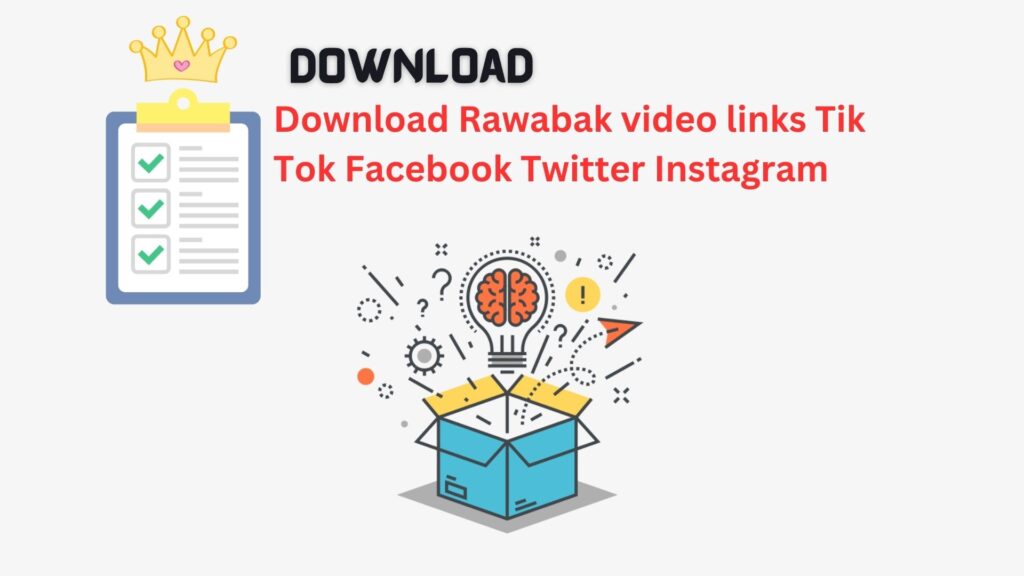
WASHINGTON, March 16 (Reuters) – The Biden administration has demanded that TikTok’s Chinese owners divest their stake in the popular video app or face a possible U.S. ban, the company told Reuters on Wednesday.
The move is the most dramatic in a series of recent moves by US officials and lawmakers who have raised fears that TikTok’s US user data could be passed on to China’s government. ByteDance-owned TikTok has more than 100 million US users.
It is also the first time under Democratic President Joe Biden’s administration that a potential ban on TikTok has been threatened. Biden’s predecessor, Republican Donald Trump, had tried to ban TikTok in 2020, but was blocked by US courts.
TikTok spokeswoman Brooke Oberwetter told Reuters the company had recently heard from the US Treasury-led Committee on Foreign Investment in the United States (CFIUS), which required the app’s Chinese owners to sell their shares, saying they would otherwise face a possible US ban on the video app.
The Wall Street Journal first reported the move. ByteDance confirmed that 60% of its shares are owned by global investors, 20% by employees and 20% by its founders.
China’s foreign ministry responded on Thursday, saying the United States had yet to provide evidence that TikTok threatened national security. Ministry spokesman Wang Wenbin told a daily briefing that the United States should stop suppressing such companies.
CFIUS, a powerful national security agency, had unanimously recommended in 2020 that ByteDance divest TikTok. Under pressure from then-President Trump, ByteDance tried unsuccessfully in late 2020 to finalize a deal with Walmart and Oracle Corp to move TikTok’s US assets to a new entity.
“If the goal is to protect national security, divestment does not solve the problem: a change in ownership will not impose any new restrictions on data flows or access,” Tiktok’s Oberwetter said in a statement.
The White House declined to comment.
TikTok CEO Shou Zi Chew will appear before the US Congress next week. It is not clear whether the Chinese government will approve any divestment, and the Chinese Embassy in Washington did not immediately respond to a request for comment.
Last month, the White House gave government agencies 30 days to ensure they don’t have TikTok on federal devices and systems. More than 30 US states have also banned employees from using TikTok on state-owned devices.
Any ban in the US would face significant legal hurdles and potential political ramifications, as TikTok is popular with millions of young Americans.
Last week, Democratic Senator Mark Warner said it was important that the US government do more to make clear what it believes are the national security risks posed by TikTok. “It’s going to be the government’s duty to show its cards in terms of how this is a threat,” Warner said.
TikTok and CFIUS have been negotiating data security requirements for more than two years. TikTok said it has spent more than $1.5 billion on rigorous data security efforts and denies accusations of espionage.
TikTok said on Wednesday that “the best way to address national security concerns is with the transparent, US-based protection of US user data and systems, with robust third-party monitoring, control and verification.”
Last week, the White House backed legislation from a dozen senators to give the administration new powers to ban TikTok and other foreign-based technologies if they pose national security threats. That could give the Biden administration new ammunition in court if they tried to ban TikTok.
White House National Security Adviser Jake Sullivan praised the bipartisan bill, saying it would “strengthen our ability to address discrete risks from individual transactions and systemic risks associated with certain classes of transactions involving countries that give rise to of concern in sensitive technology sectors.”
The House Foreign Affairs Committee this month voted along party lines on a much broader bill targeting Tiktok, sponsored by Republican Representative Michael McCaul, which Democrats said would require the administration to effectively ban TikTok and other subsidiaries of ByteDance.
Reporting by David Shepardson in Washington, Echo Wang in New York, Josh Ye in Hong Kong, Laurie Chen in Beijing and Eva Mathews in Bengaluru; Editing by Devika Syamnath, Daniel Wallis, Leslie Adler and Edmund Klamann
Our standards: Thomson Reuters Trust Principles.
Source / supertools – url-supertools – H-supertools – Keyword Tool – Check website – Ubersuggest – url – mp3 – mp4 – youtube – facebook.com – facebook